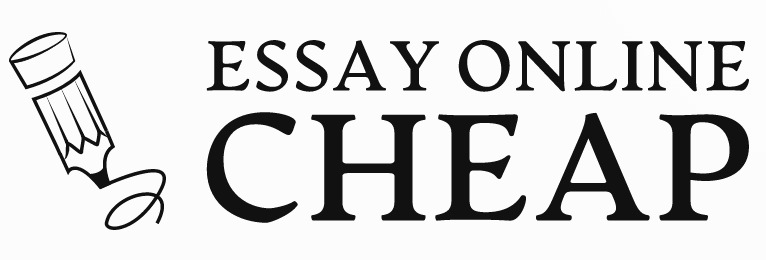Should the rich help the poor essay? This is a controversial topic, as there are arguments both for and against it. Among these are arguments against taxing the rich more and against taxing drug addicts. While these issues are not completely settled, there are common threads that are worth addressing. In this essay, we’ll discuss the moral obligation of the rich to help the poor. After all, the question is more complex than it might seem.
Arguments against taxing the rich more
In addition to the political issues that have been debated for decades, there are also ethical and governmental reasons why taxing the wealthy is necessary. While the average person has to pay about 30 percent of his or her income, the richest earn ten times that amount. In fact, in some countries, the top 1% pay more than half of all federal taxes, compared to the rest of the country. This disparity between the rich and the rest of the population is the source of much of the country’s economic inequality.
In contrast, the trend toward declining rates is puzzling in times of rising inequality. Nevertheless, it does seem that public opinion is in favor of higher tax rates for the rich, as recent policy changes aimed at reducing top rates meet with only lukewarm support. While the trickle-down argument and leaky-bucket theory are popular, public support for taxing the rich falls precipitously as the economy grows and jobs are lost.
Moral obligation of the rich to help the poor
There are many different theories about the moral obligation of the rich to help the poor. While many believe that there are finite resources worldwide, other people argue that there is a universal obligation to help the poor. Whether this obligation is voluntary or mandated depends on one’s view of the universe and their own beliefs about the nature of human dignity and worth. Some people believe that helping the poor is wrong. However, they believe that helping the poor is a morally good thing and that the wealthy have a moral obligation to do so.
The poor are typically people who want to make their lives better but are unable to do so because of lack of resources. Therefore, the rich have a moral obligation to help the poor and do so in order to improve their standard of living. This obligation is often referred to as “duty of the rich” and can be justified based on an individual’s beliefs, values, and preferences. For example, some people say that the rich have an obligation to help the poor because they were born in less developed regions and did not have the resources to learn to read or have the same opportunities.
Taxing estates heavily at death
The U.S. federal government is working to reduce the estate tax to eliminate the need to collect a death tax from individuals who die without leaving a beneficiary. However, there is a limit on how much a person can deduct from their estate. Currently, the limit is $5.49 million, but that cap would double by 2025. The House Republicans in Congress are working to change the tax to help the poor.
The phase-out of the death tax is long overdue, and it represents congressional recognition of its economic damage. However, it is only a temporary solution. The tax will return to high rates on January 1, 2011 and the exemption amount will be reduced to the level of 2001 tax relief. The 2001 tax relief legislation was passed under budget reconciliation rules, and the law was designed to end in 2011 without extending the relief beyond a 10-year budget window.

